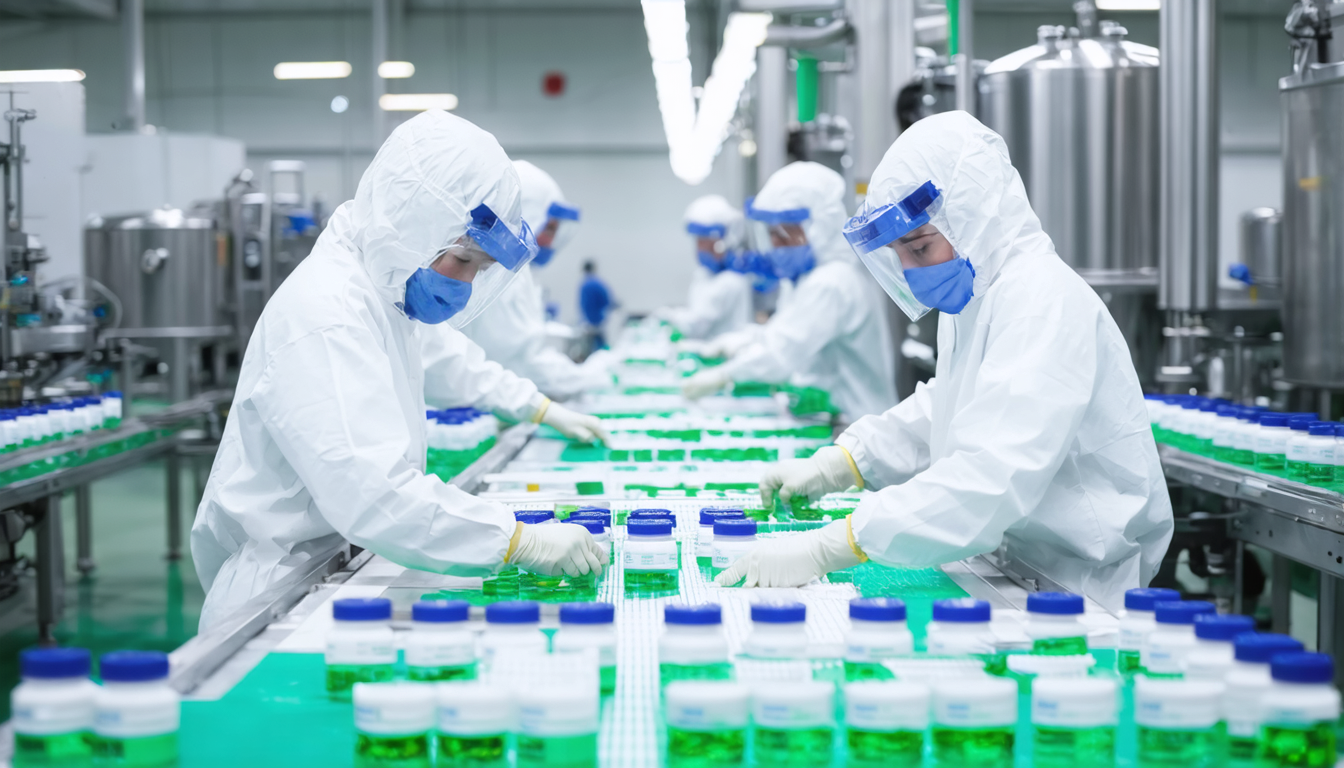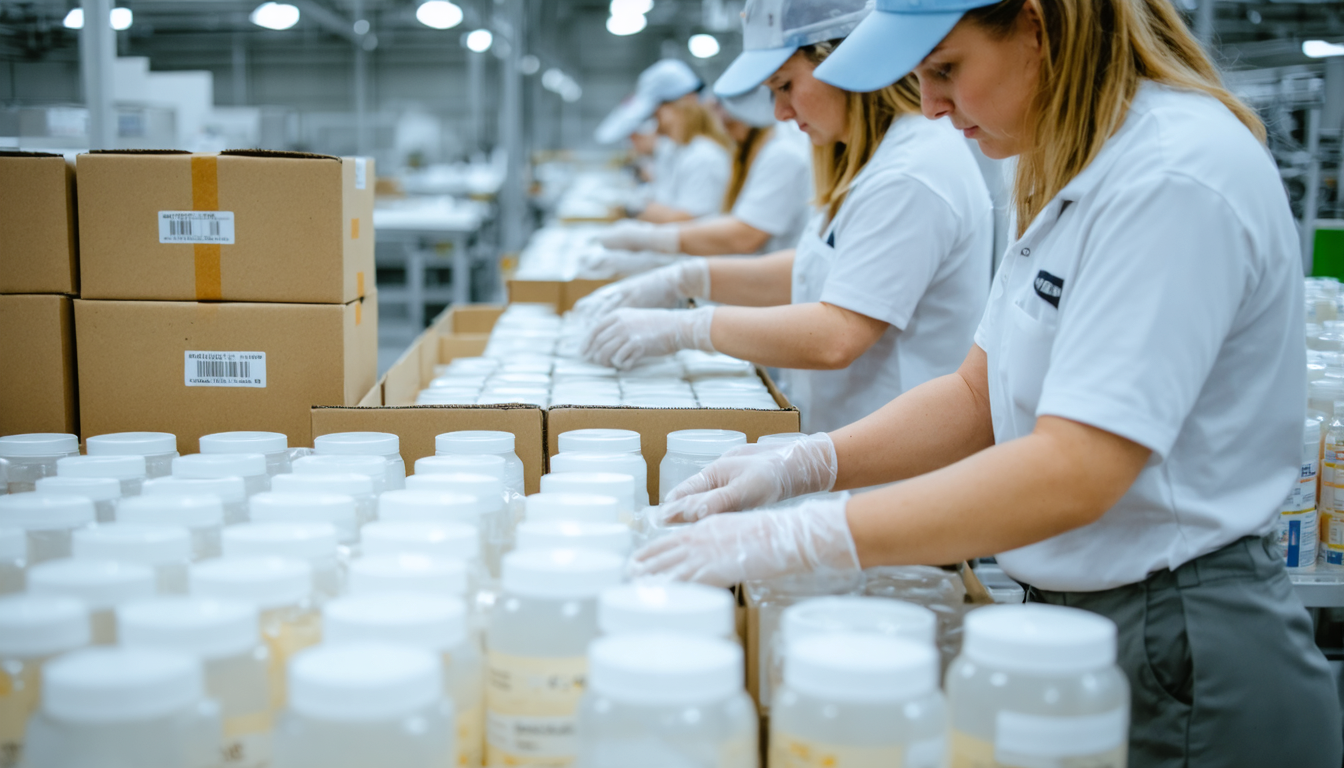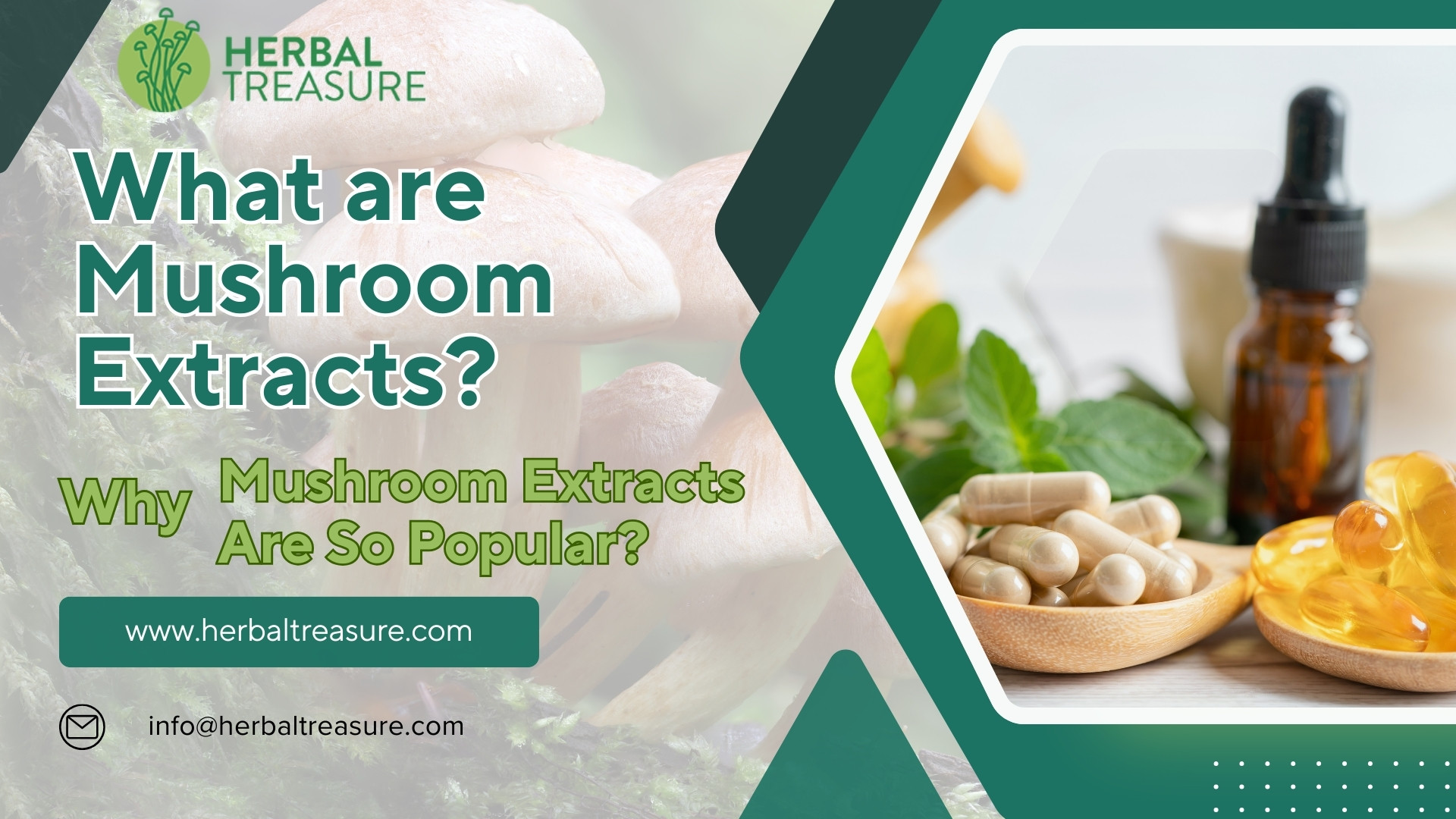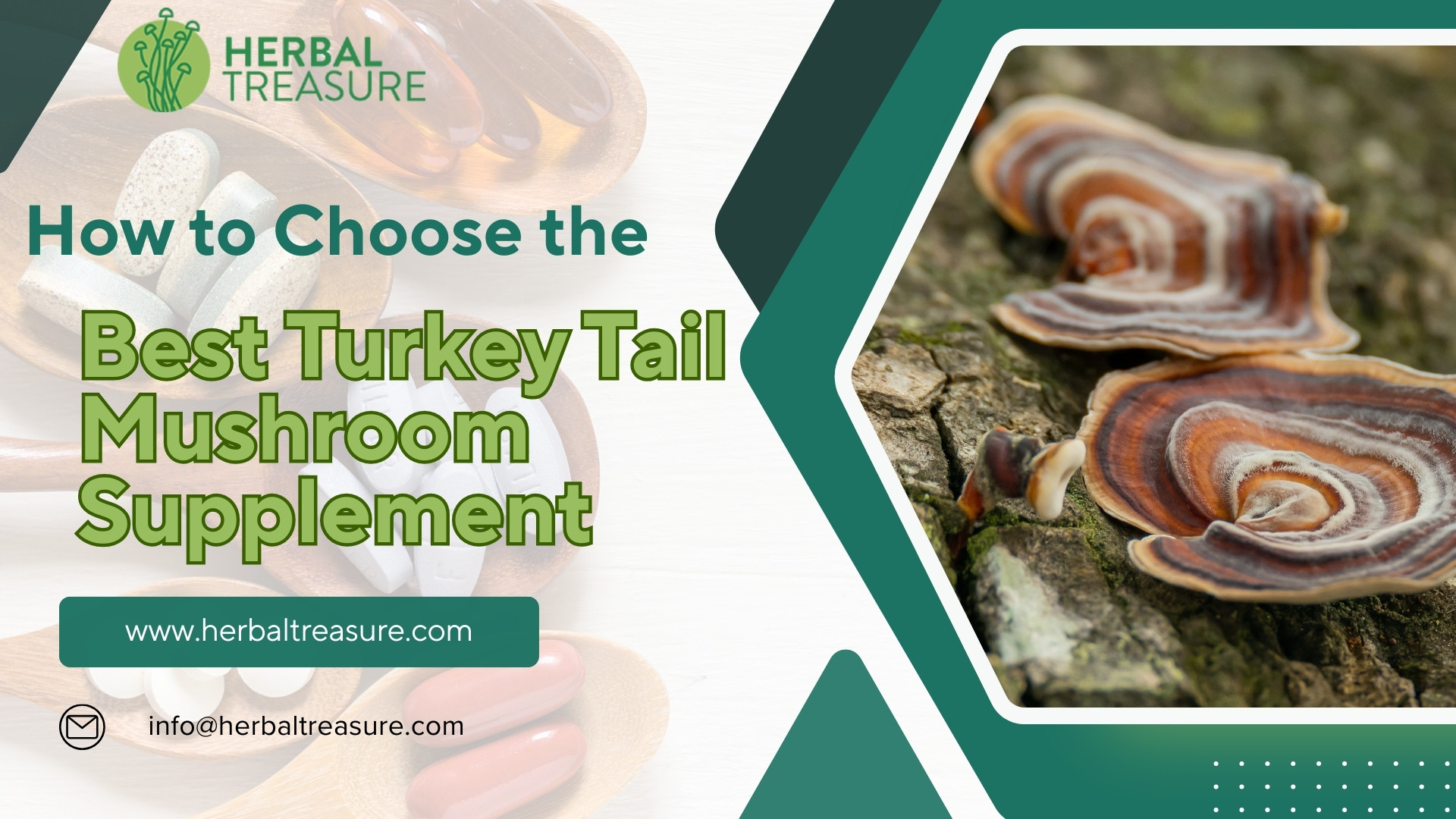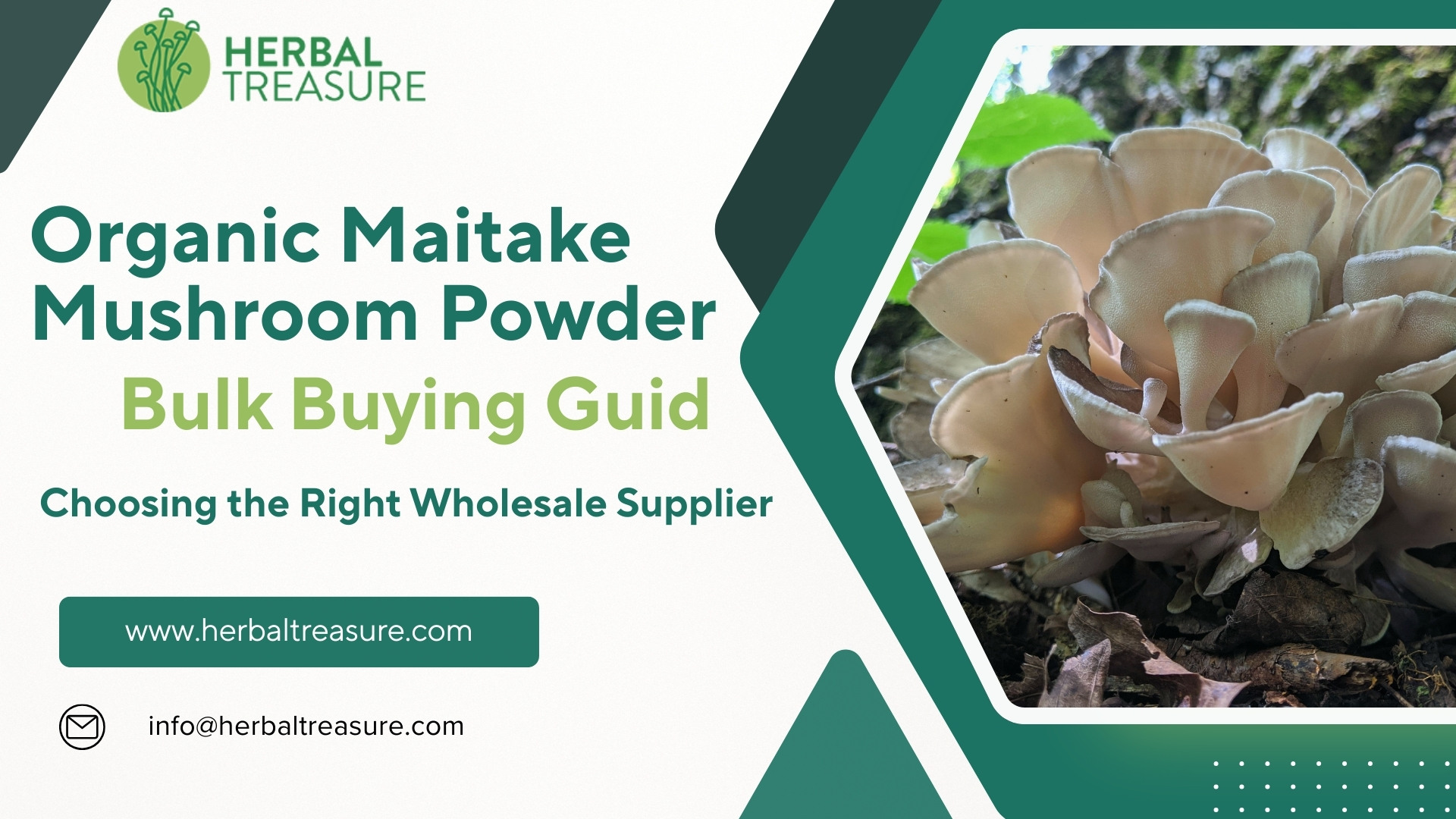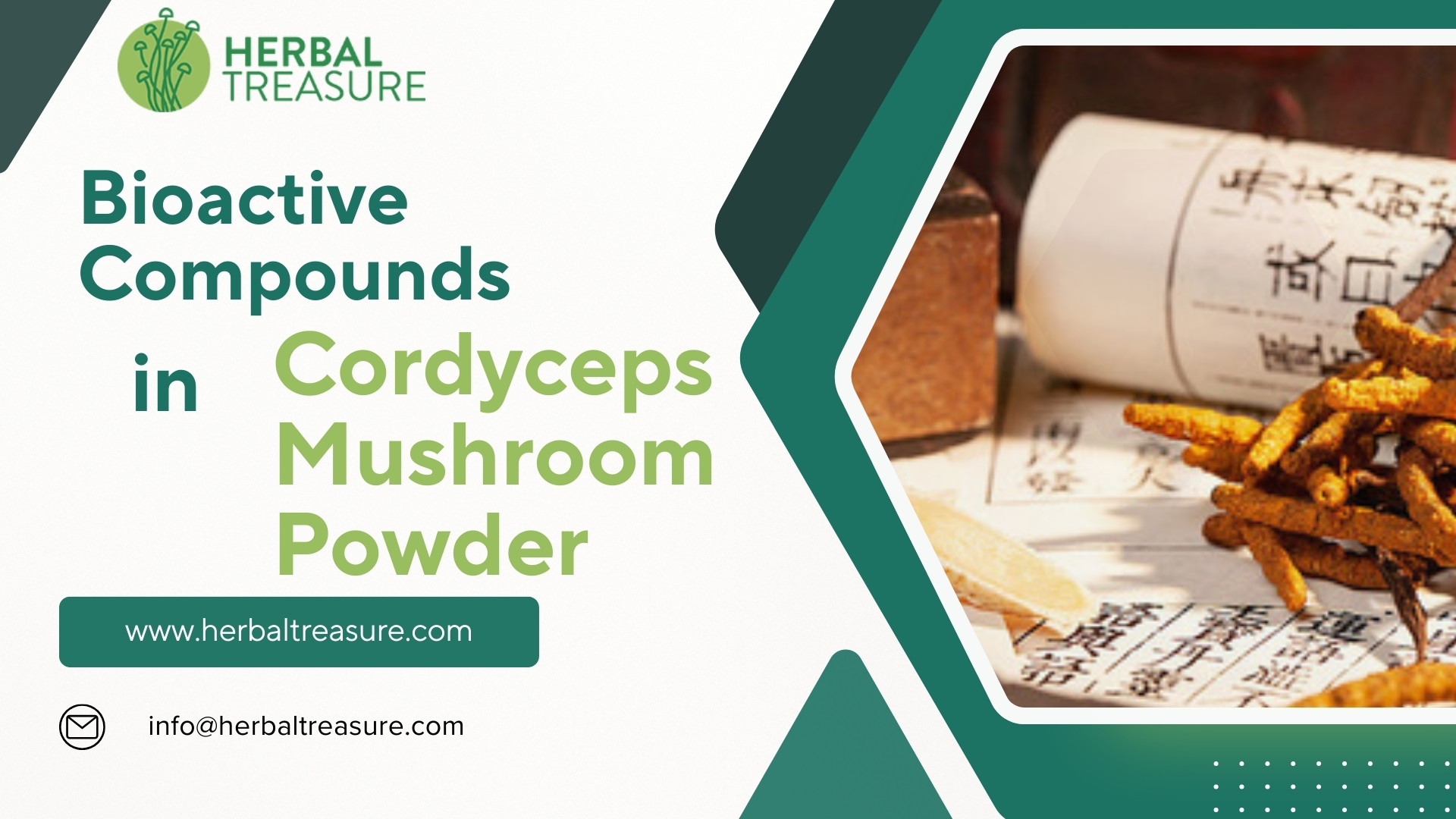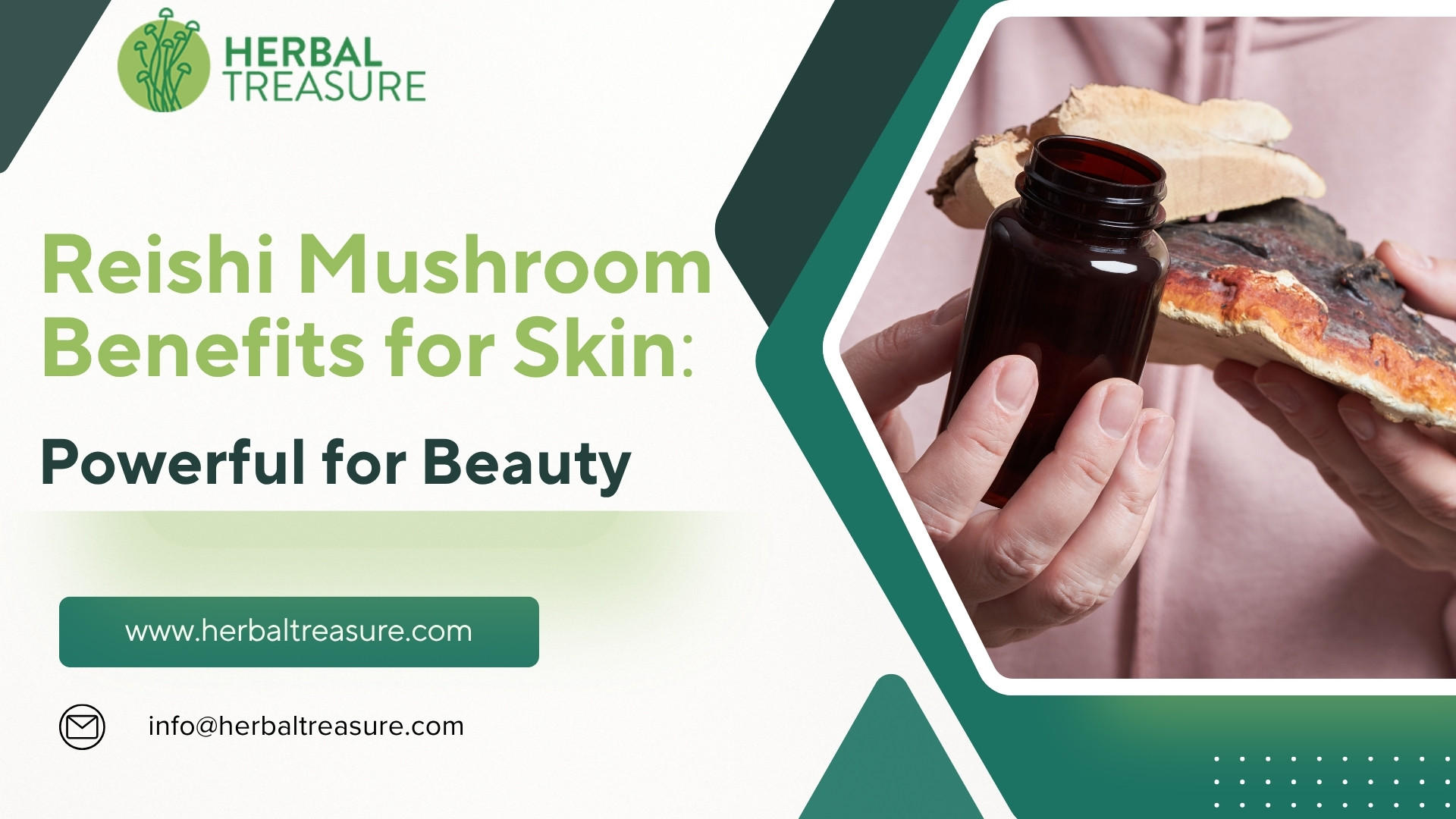Why GMP Certification Matters for Health Supplements and Food Factories

When it comes to manufacturing health supplements and food products, GMP certification1 is one of the most critical factors in ensuring product safety, quality, and consistency. But what exactly does GMP mean, and why should it matter to your business? In this blog, we’ll dive into the importance of GMP certification for health supplements and food factories, and how it can protect both your brand and your customers.
GMP stands for Good Manufacturing Practice, a set of guidelines and regulations that ensure products are consistently produced and controlled according to strict quality standards. For health supplements and food factories, GMP certification guarantees that the products are manufactured in a safe, clean environment and meet the necessary regulatory requirements. Whether you’re a manufacturer or consumer, understanding the importance of GMP can help you make informed decisions that prioritize both product quality and safety.
While GMP certification may seem like just another regulatory hurdle, it plays a vital role in creating trust between manufacturers and consumers. It ensures that products are made under controlled conditions, preventing contamination and ensuring consistency. Let’s explore some of the key reasons why GMP is indispensable for health supplements and food factories.
Why Is GMP Certification Important for Health Supplement Factories?
Health supplements, from vitamins to functional foods, are products we rely on for our well-being. For these products to be effective and safe, they must meet rigorous standards. GMP certification 2 ensures that supplement factories adhere to proper procedures throughout production, guaranteeing the highest possible quality.
GMP-certified health supplement factories follow stringent guidelines that regulate everything from raw material handling to packaging, ensuring that every product batch is safe, effective, and consistent.
GMP certification is particularly crucial in the health supplement industry because of the direct impact these products have on consumers’ health. Whether it’s a simple multivitamin or a complex herbal extract, consumers trust that what’s written on the label matches what’s inside the bottle.
GMP-certified factories implement the following practices to ensure this:
- Raw Material Quality Control: Only high-quality, safe raw materials are used.
- Cleanliness and Sanitation: Factories must be kept clean to avoid contamination, with specific guidelines for cleaning equipment and surfaces.
- Proper Training: Employees must undergo continuous training to ensure they follow GMP guidelines strictly.
- Consistent Testing: Random batch testing is performed regularly to ensure product consistency and safety.
Without GMP certification, there’s a higher risk of product recalls, contamination, or inconsistency, which can harm a brand’s reputation and lead to legal troubles.
GMP in Health Supplement Manufacturing: Key Practices
To better understand how GMP is implemented in health supplement manufacturing, here’s a comparison of key practices between a GMP-certified factory and a non-certified one:
| Area | GMP-Certified Factory | Non-Certified Factory |
|---|---|---|
| Raw Material Handling | Only high-quality materials with traceability | Use of lower-quality, unverified raw materials |
| Production Environment | Clean, sanitized production floors with controlled conditions | Potential exposure to contaminants and inadequate cleanliness |
| Employee Training | Regular, rigorous training on GMP standards | Inconsistent or minimal training for staff |
| Quality Control | Regular testing and random batch checks | Infrequent or no testing of batches |
| Packaging | Safety-tested, contamination-free packaging | Inadequate packaging material and processes |
As shown in the table above, GMP-certified factories are far more stringent in ensuring product safety and quality than their non-certified counterparts. This difference can make a significant impact on consumer trust and brand reputation.
How GMP Impacts Food Production Factories
In food production, GMP standards are equally essential. The food we consume must not only taste good but also be safe to eat. GMP ensures food factories adhere to strict hygiene and quality standards, preventing contamination and ensuring the food is produced under the safest conditions.
GMP certification in food factories helps prevent contamination from bacteria, allergens, and other harmful substances by enforcing strict hygiene and safety protocols throughout the manufacturing process.
Food factories have unique challenges when it comes to safety and hygiene, given the wide variety of potential contaminants. These can include bacteria, mold, allergens, and even foreign objects. By following GMP regulations, food factories can prevent these risks, ensuring that products are safe for consumers to eat.
Here’s how GMP applies in food factories:
- Hygiene Standards: Employees must wear proper protective gear and follow strict hand-washing and sanitization protocols.
- Temperature Control: GMP guidelines ensure food is stored and processed at the correct temperatures to prevent spoilage and bacterial growth.
- Allergen Management: Proper segregation and cleaning methods prevent cross-contamination of allergens.
- Packaging Safety: Packaging materials are tested for safety to ensure they won’t contaminate the food. Learn more about GMP in food production3
Ultimately, GMP certification provides consumers with confidence that the food they consume is safe, consistent, and produced with the highest level of care.
Case Study: The Benefits of GMP Compliance in a Leading Supplement Factory
In a recent case study involving a leading health supplement factory, implementing GMP standards not only improved product quality but also boosted the company’s market share. By adhering to strict production controls, the factory was able to significantly reduce the number of consumer complaints related to product consistency. Additionally, their products passed all regulatory inspections without issue, giving them a competitive edge in the marketplace.
Conclusion
GMP certification isn’t just a regulatory requirement—it’s a cornerstone of product safety, quality, and consumer trust. Whether you’re in the health supplement or food industry, working with a GMP-certified manufacturer ensures that you’re delivering safe, high-quality products that meet both legal standards and consumer expectations. For manufacturers, investing in GMP compliance means protecting your brand’s reputation and minimizing risks associated with poor-quality products.



